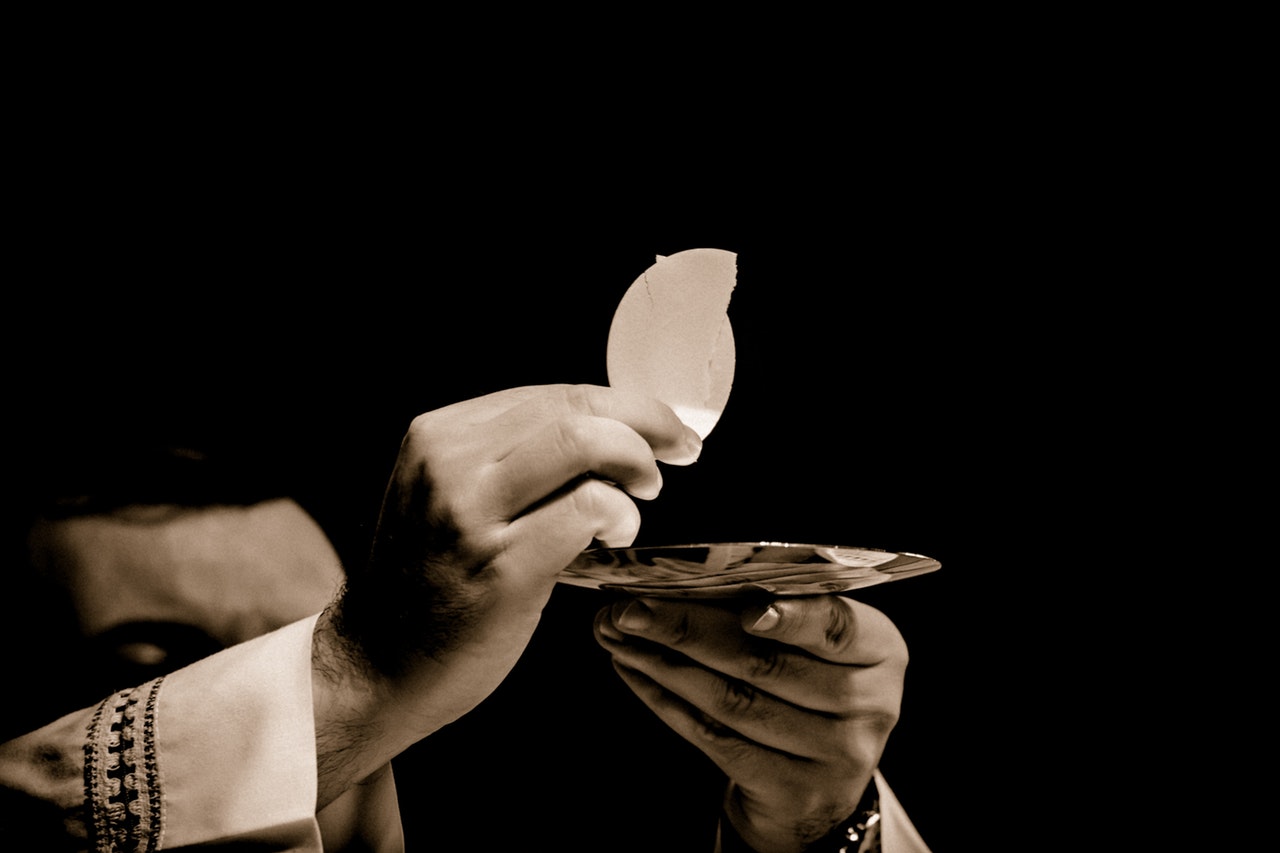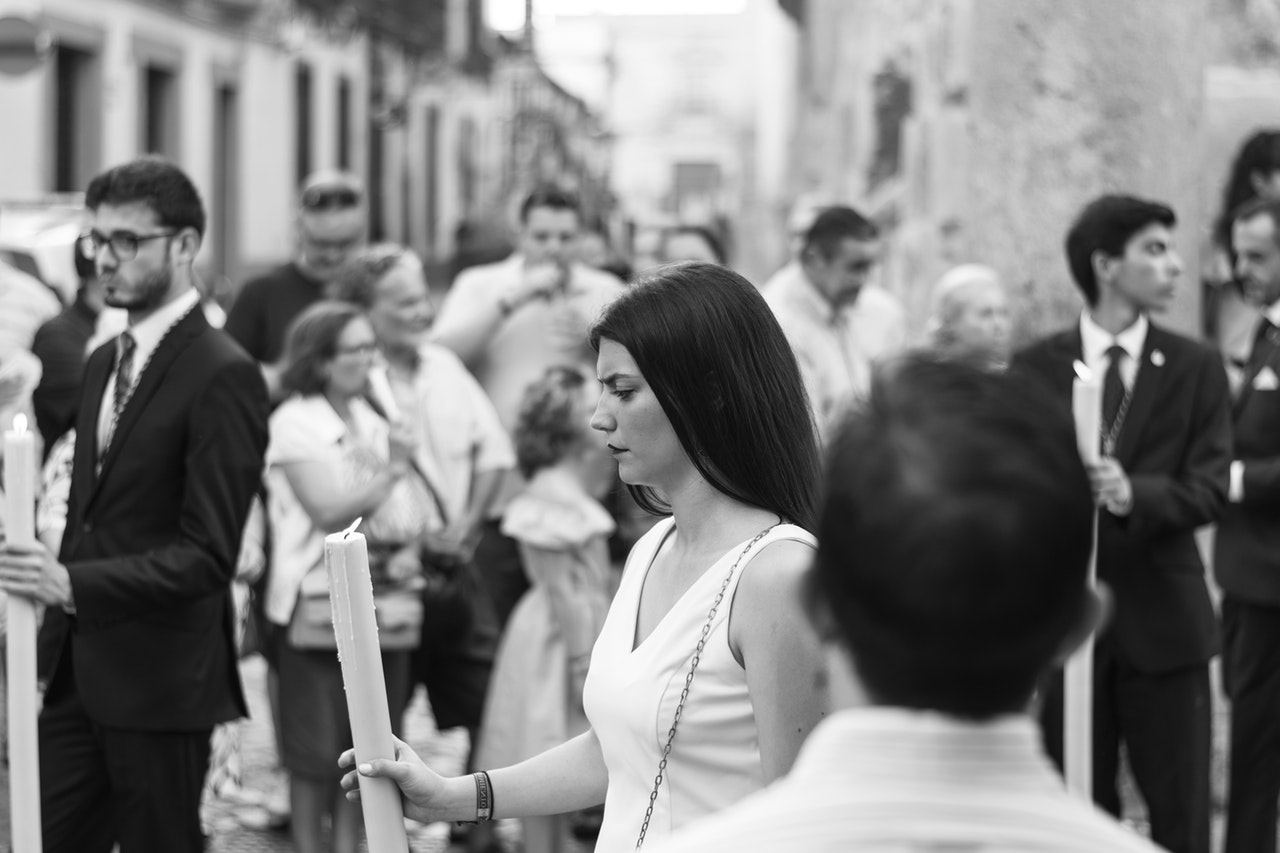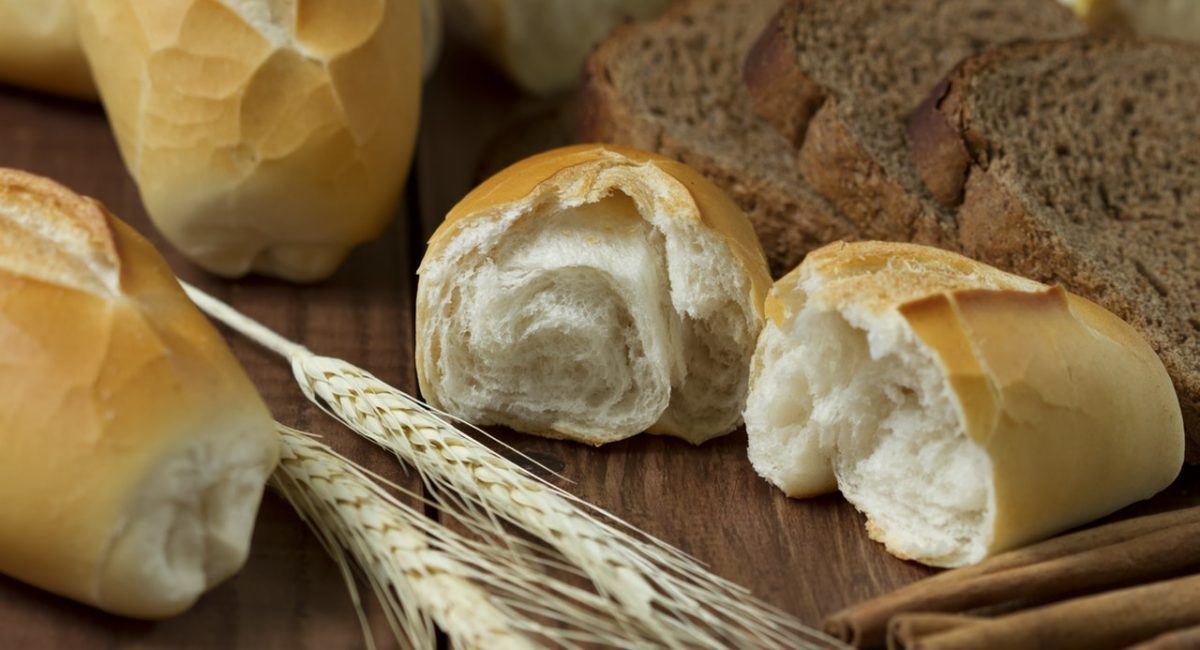Reflection for the 20th Sunday. Year B. 2018
– By Fr Ugo Ikwuka
Archway, London
A dietician was addressing a large audience: “The materials we put into our stomachs is enough to have killed most of us sitting here years ago; red meat is awful, soft drinks erode your stomach lining, Some of our loved Chinese food are loaded with MSG and none of us realizes the long-term harm caused by the germs in our drinking water. But, can anyone here tell me the food that causes the most grief and suffering for years after eating it?” A 75-year-old man in the front row stood up and said, “Wedding cake.”
Friends, the long discourse on Jesus as the bread of life which started four Sundays ago with his multiplication of loaves to feed the hungry multitude eventually comes to a climax this Sunday with Jesus declaring: “I am the living bread which has come down from heaven. Anyone who eats this bread will live forever. The bread that I shall give is my flesh, for the life of the world …., not like the bread our ancestors ate; they are dead…..”
Recall that although the Jews were delivered from Egyptian bondage with the Passover event, they were not liberated as they still craved for the foods of Egypt (the cucumber and the melon).
Like one walking to freedom from addiction, there is the tendency to look back, to crave for what is being left behind.

To sustain them in that journey therefore, God fed them manna through Moses. But, being a material food, they still died in their sin and rebellion against God.
However, that Passover event mainly foreshadowed the ultimate liberation from sin and death which will come in Christ through whose cross we are freed from sin and death.
Yet, in our weakness, sometimes like the Jews in the desert, we are tempted to go back to the old ways from which Christ has liberated us. Hence, to sustain us, this time around, Christ the new Moses gives us the Eucharistic manna from heaven.
His body and blood which we receive in the form of bread and wine from the Eucharistic Table (the Mass) is thus the food that is sure to sustain us unto eternal life.

Yet, when Jesus refers to himself as the bread of life, it is not only about Jesus in the Holy Eucharist, it encompasses his whole way of life; teaching, attitudes, relationships towards his Father and people. Indeed, everything the Gospel tells us about him is real nourishment and food for our daily living.
Thus, the invitation to eat of this bread is an invitation to listen to him, to believe in him and to follow in his way.
It implies being totally united with him and filled with his spirit and vision. It is to be able to say with St Paul, “I live, no, it is not I, but Jesus lives in me.” It is to be prepared to enter totally with him into the paschal mystery of his love-centred life, his self-giving in suffering, and death as a way to life.

To seek this bread is to seek the divine wisdom of God which the First Reading from the Book of Proverbs beautifully depicts as a woman who prepares a banquet of finest food and drink and then lavishly invites everyone: “Let the ignorant come and eat my bread and drink my wine! Leave your foolishness and you will live…”
How gracious that we have a God who seeks us out, who invites us, who longs to lavishly share His life with us unlike the Gods of other religions that prove hard to access. Our willingness to accept the invitation and come to the feast is the issue at stake.

We never have time to consider what God is offering or saying because we can be busy trying to “make ends meet”. Yet, have we ever paused to ask ourselves why the ends never meet? We go after junk foods; wealth, pleasure, honour, power, fame that would never satisfy the deepest hunger of the human soul. The world tells us to grab these and we shall be satisfied. False!
God calls us out to forsake foolishness, to stay away from these junk foods that poison the soul and eat from the healthy banquet which has been lavishly laid out for us in Jesus. To make him the way of life, in thoughts, words and actions, that is what it means to live the fullness of life, a life which we can therefore begin to live here and now.
The hungry large crowd that came to Jesus at the beginning of this long discourse on Jesus as the bread of life symbolise Israel but even more broadly, they symbolise the whole human race that is hungry, not just for material food but hungry for life, for meaning, for purpose, for joy.

Indeed, the quest for happiness which takes us to the junk foods is a disguised quest for God; a longing for ultimate satisfaction which we ignorantly seek in the wrong places.




